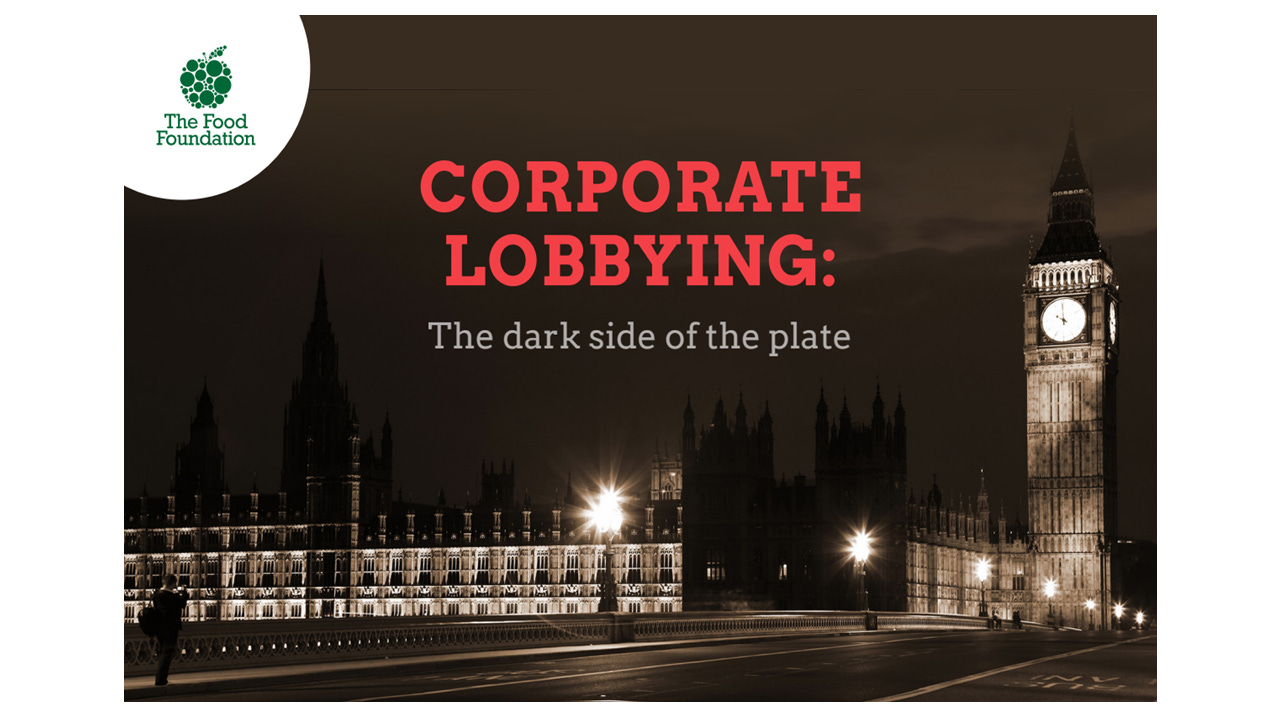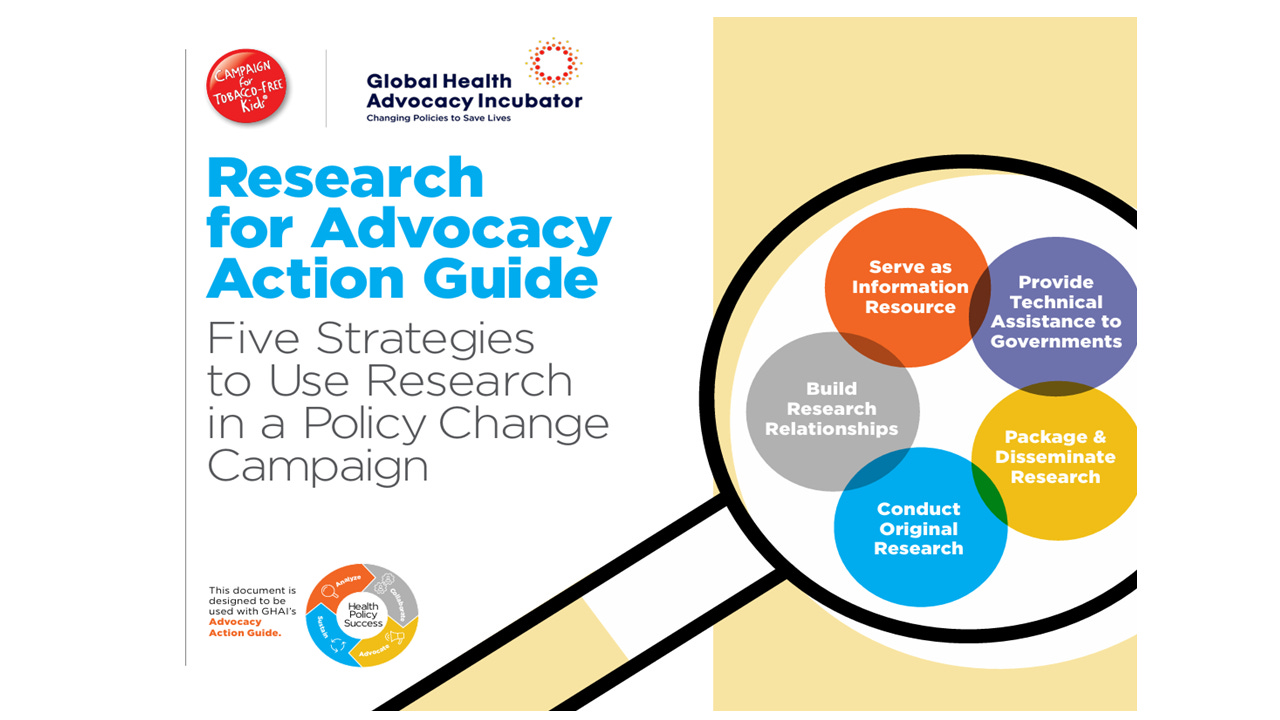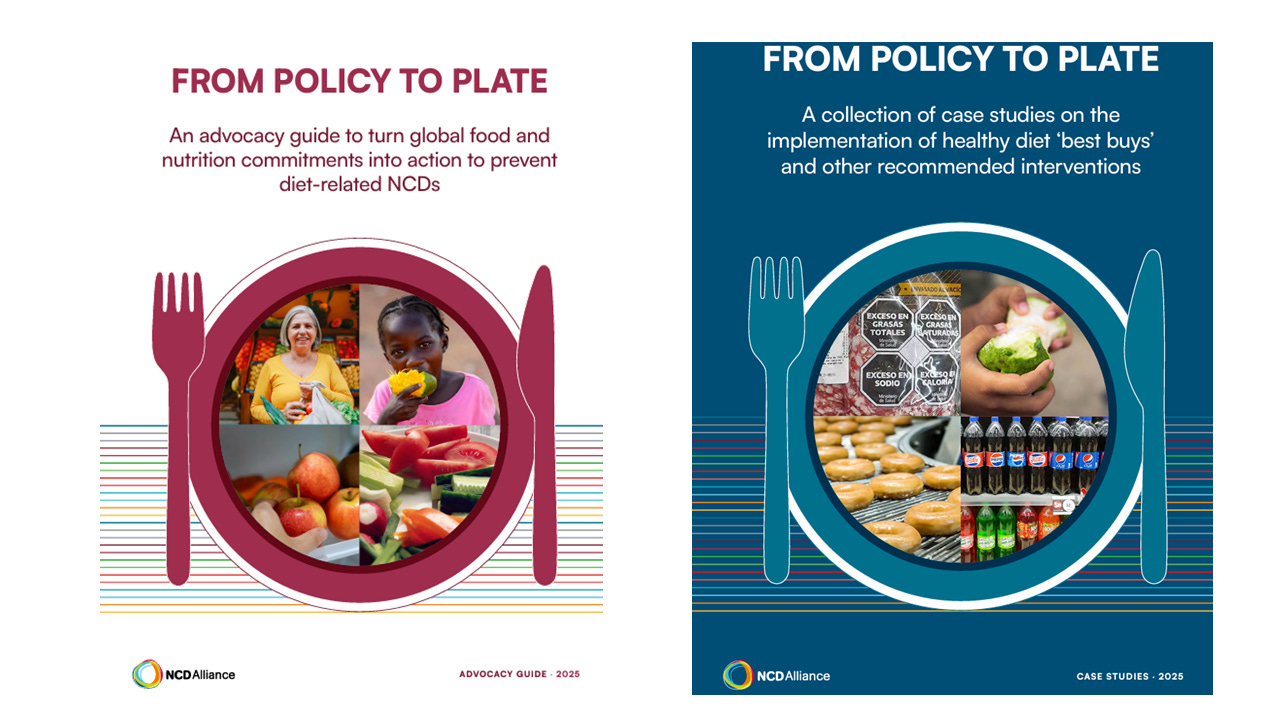What's the one thing...
Lobby non-disclosure, junk tsunamis, corporate corruption, board bias, the power of school nutrition…and the need now, more than ever, to activate your inner advocate!
This month started with the release of an eye-opener of a report from the Food Foundation: Corporate lobbying: the dark side of the plate, led by Sarah Buszard.
Last summer, Antony So and I worked on a deep dive pilot that fed into this work. We were amazed then to see just how weak the UK’s lobby disclosure system is and how its own guidance is often ignored.
We know that countries with a greater degree of corporate capture (which correlates well with lobby power) are less likely to implement evidence-based health policies.
Analysis of UK ministerial meeting registers during the last term of government (January 2020 – June 2024) found that at Defra, the department responsible for food and farming, ministers met with food businesses and their trade associations 1,408 times – 40 times more than with food NGOs and ministers.
What did they discuss? Well, we don’t really know — the disclosure system is opaque at best; at worst, it’s useless.
Specification of the purpose of lobby meetings is poor (‘to discuss business’ …c’mon!) and there’s limited disclosure of personnel. We know a lot of lobbying is undocumented — including at cocktail receptions or on the golf course — and the data that do exist are poorly organised.
Other countries show what’s possible including Canada and Ireland (and Washington State in the US) which have robust disclosure systems — though these are unfortunately exceptional, not normal.
Transparency needs to be mandated by government. Lobbying should be legitimate (aligned with the public interest), transparent (open, complete, truthful), consistent (with actions following words), accountable (for actions taken) and coordinated (between actors, to further the public interest).
Data need to be FAIR — findable, accessible, interoperable and reusable.
One big issue in lobbying is the revolving door between government and corporations. A recent example is Penny Mordaunt’s decision to work for British American Tobacco (which came to light when the Advisory Committee on Business Appointments barred her from lobbying the government for two years.) But the most frightening example I’ve come across is Vicente Fox in Mexico in the early 2000s — when he assumed the presidency and promptly brought in his Coca-Cola pals to fill key government positions and enable the flooding of the country with sweet and deadly soda.
Spirit of the law?
In the UK, we’re being swamped with Big Food junk food ads, a few months before new rules on marketing are set to bite. Advertising on junk snacks have risen 26% compared with last year.
Bite Back 2030, a youth activist group, surveyed 859 poster sites in Liverpool, Birmingham, Newcastle and Southwark in London and found nearly half were for food and drink. Worst hit were the most deprived areas where 44% of all junk food ads were located, compared to just 4% in the least deprived.
Say the word
Corporate political activity – engaging with politics or policy processes to advance commercial goals – encompasses a range of activities.
The ‘Deadly Ds’ of policy interference include denying harms, disputing evidence, sowing doubt, disguising involvement (via front groups), derailing or delaying regulation, and distracting and deflecting criticism with small-scale, but high-visibility partnerships.
Some of this is legal, some is not.
A new paper by Helen Walls and colleagues examines this more closely. Spreading misleading narratives and lobbying to delay legislation, are legal but ethically questionable — while others, such as bribery and tax evasion are illegal. Many actions fall into a grey zone, in-between.
Transparency International defines corruption as ‘the abuse of entrusted power for private gain’. And yet, when commercial organisations exploit their powers in ways that harm human and planetary health, we don’t use this word.
Why not?
There are strong moral, political and legal arguments for doing so. Accusing corporations of ‘unethical business practices’ is a mere tap on the wrist that changes nothing.
Whose board?
Conflict of interest is a big problem in research and policy, which many of us have been banging on about for years. But apparently, it’s one that’s completely dismissed by the UK government. How else could you explain the decision to load the new Food Strategy Advisory Board with reps from corporations who routinely put profit over people. What possible interest does crisp-supremo McCain Foods have in public health? The announcement includes this:
‘The Board is intended to pool members’ collective ideas, influence and effort from across the food system to help set ambition and create the conditions for systems change.’
Systems change…really?
Why would big corporations be interested in changing a system that funnels huge profits to them while external costs are paid by someone else (us)?
(as an aside this is captured brilliantly by Julian Baggini here:
Why would they disrupt cost-free profiteering? Why are they on the Board?
In my book, I recall the story (relayed to me on a call from Brazil by one of its instigators, Geoffrey Cannon) from over four decades ago that led to this classic book:
Food industry proxies were on the national committee to block change then!
Also, if this government is serious about transparency why don’t we know the criteria and process through which board members were selected? The announcement only says that Defra worked closely with the Institute of Grocery Distribution which seeks to ‘unite stakeholders from across the entire agrifood supply chain.’
To be clear…there are some very good people on this board, but they’re in the minority and that can’t be right. This is not about individuals, it’s about governance, purpose and process.
Do the right thing
A new podcast from the Food, Farming and Countryside Commission – ‘Field Notes’ – delves into some of the critical issues in food, farming and land use – and the radical and practical solutions at hand. In this episode, Dolly van Tulleken talks about her powerful Nourishing Britain report (with Henry Dimbleby, reviewed here) which asks why so many UK politicians have failed to act on food and health. More often than not, they’re spooked by the nonsensical ‘nanny state’ label. She draws some big lessons – deploy the right argument, build a movement, enlist the prime minister and impel those with the power to act to be bold and act fast, with no regrets.
Feed the future
In the New Statesman, mission-economist Mariana Mazzucato highlights the extraordinary potential of school meals as catalysts for improving nutrition, education, equity – as well as the local economy.
She cites the example of Brazil in sourcing healthy foods from local farmers who practice sustainable land use. But to realise this potential, we need a mission-oriented, whole-of-government approach, she argues. If healthier kids – whose learning was no longer short-circuited by hunger – were seen as a national cross-sector priority, it would not be down to one ministry (education) to say they could not afford it.
What she says
The other week, the New York Times included this interview with legendary thorn-in-food-industry-flesh Marion Nestle. I laughed when I read this, but it perfectly sums her up:
"She has two books coming out this year and is at work on another, a history of food and nutrition policy and an examination of food marketing...It is slated for release around the time of her 90th birthday."
Advocate/activate
‘Advocacy’ is a banned word in Trump’s governmental lexicon which – as Marion says – is why it’s needed more than ever.
Global Health Advocacy Incubator’s new research for action advocacy guide provides practical tools and real-life examples from public health advocacy campaigns around the world. It focuses on five key areas where research can help drive advocacy.
The NCD Alliance also has a new guide ‘From Policy to Plate’ to support advocacy, accountability and mobilisation efforts from civil society organisations. It’s a great resource that’s complemented well by From Policy to Plate: A Collection of Case Studies which provides country examples.
Advocacy or activism – take your pick – is more important than ever in a time of cascading crisis and massive cuts in funding. In a new commentary for World Nutrition – Use your Power – I pull together some thoughts (and a barrage of quotes) on why we need to break out of our silos, use individual and collective agency, ditch the despair, act now but play the long game.
Festival-hopping
Over the last few weeks, I’ve been on a road trip around the country ahead of Food Fight’s launch on 10 April.
First up was ‘Words by the Water’ – a lively lit fest on the shores of Derwentwater in Keswick. Then on to the Oxford Literary Festival where I shared a session (‘shopping list for life’) with Shireen Kassam and David Clough, supported by Compassion in World Farming.
Next up was a great session at The Conduit in Covent Garden, London where Dolly van Tulleken and I were ‘in conversation’ on World Health Day — talking about how our global food system had warped into the main engine of global ill-health…and what we can and should be doing about it.
Three days later, on publication day, I was at the Harrogate International Festival along with Mike Berners-Lee and Louisa Guise. The deceit and doubt routinely sown among climate circles – as Mike describes so brilliantly in his book ‘A Climate of Truth’ – sounds so similar to what we’re facing in the food and health world.
The conference organiser nailed my talk with this summary:
‘It’s not broken - it’s rigged. Our food system feeds profits, not people. The fix? Tax the fake stuff, fund the good stuff, and force governments to act.’
Questions come thick and fast and there’s nowhere to hide. The most common starts with ‘What’s the one thing….’
At the Conduit, it was ‘what’s the one thing to take away from this event? (to which I bought time by responding ‘My book’)
But the best came from nine-year old Lukas in Harrogate who asked: ‘So what’s the one thing I should do tomorrow?’ I had just floated the idea that everyone, everywhere had a role, so I could hardly respond with ‘wait until you can vote.’ But then schools hold huge untapped potential, not just as venues for school meals. ‘Speak to your teacher, your mates…start a class discussion,’ I suggested. ‘…and then join Bite Back!’
There is hope! When I was nine, I was collecting football stickers…








